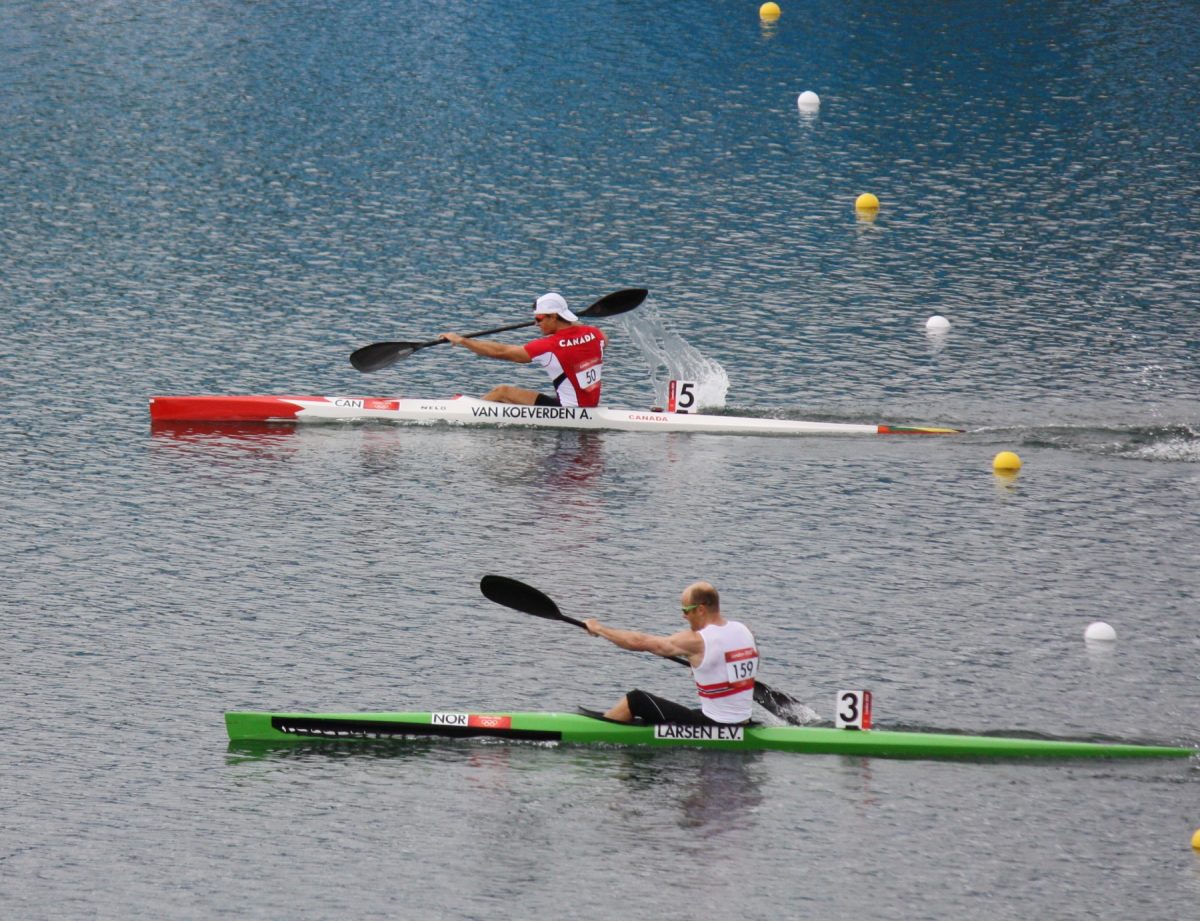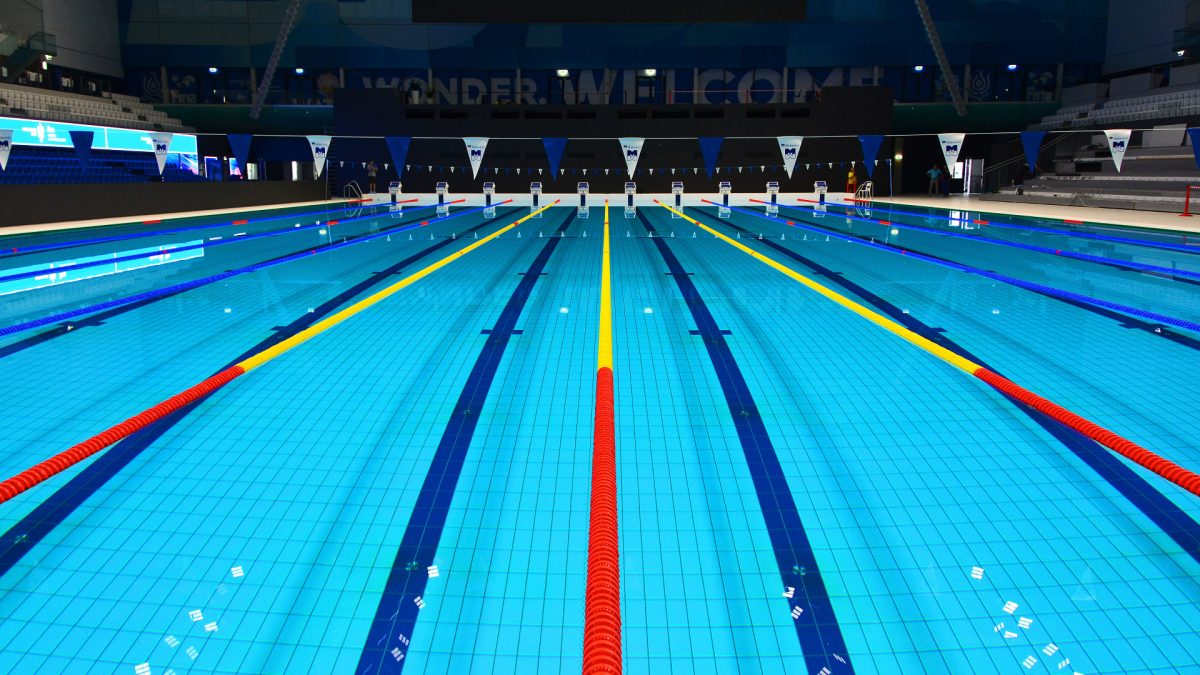The postponement of the 2020 Summer Olympics due to the COVID-19 outbreak has impacted athletes all over the world.
Canada was the first major country to pull out of the Olympics slated to begin later this year. Athletes and coaches greeted the news with sadness and resignation. Still, they understood why the event needed to be cancelled.
“I was slightly disappointed, but I was very understanding of the decision, and the necessity to make that decision,” said Kyle Jeffery, head coach of the Mississauga Canoe Club (MCC).

One day after the Canadian Olympic Committee (COC) announced Canada’s withdrawal, Australia also withdrew from the Olympics. It was reported Australia and Canada had colluded to send a message to the IOC, but the Australian Olympic Committee denied the allegation. The United Kingdom also announced it would withdraw from the Games given the world-wide spread of COVID-19.
Many athletes were fearful that they would miss out participating in a sporting event that had trained for years to compete in. Fortunately, the International Olympic Committee handed them a reprieve.
Competitors were relieved to learn that the Games would only be postponed and not cancelled outright.
“That just gave us more time to get more prepared and be better than what we would have been this summer,” said Sean Baker, a coach at the Oakville Aquatic Club (OAC).
But the future still looks bleak. Both clubs are closed for safety reasons and many, but not all, athletes are now obliged to train at home.
“It’s a little different when you’re a cyclist, a runner, or in athletics. So, it’s completely removing them from their prime element,” said Baker. “All these cross-training features are great, but they’re meant to be an add-on to accentuate and enhance the training that you do in the pool.”

Local sporting clubs like the MCC and the OAC dot the country. They are likely all closed now due to the COVID-19 outbreak. As a result, they will be hit hard financially. Not only do they have to maintain their athletes’ training regimens, but they must also manage the business.
They’re not alone, of course.
Sports clubs across the globe have taken a beating in their pocketbooks. They’ve lost revenue and some professional teams are docking pay to their highest-paid athletes and team executives.
Amateur teams and sporting clubs don’t pay their athletes, but they are still expected to pay their monthly expenses. Happily, British Columbia has announced that provincial, disability, and multi-sport organizations will have the ability to claim $5 million through viaSport.
More must be done. Amateur athletes competing at the Olympics are what makes the Games enthralling. If the clubs are gone, the athletes are gone.
But when it comes to the health of the athletes and the safety of the Games, Jeffery summed it up best:
“The health of the human population globally trumps sport.”
Kyle Jeffery, Coach, Head Coach, Mississauga Canoe Club

